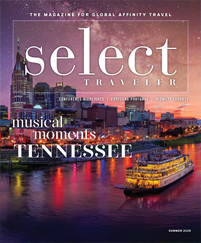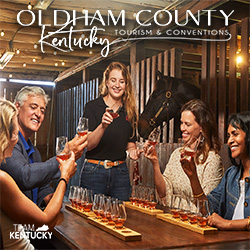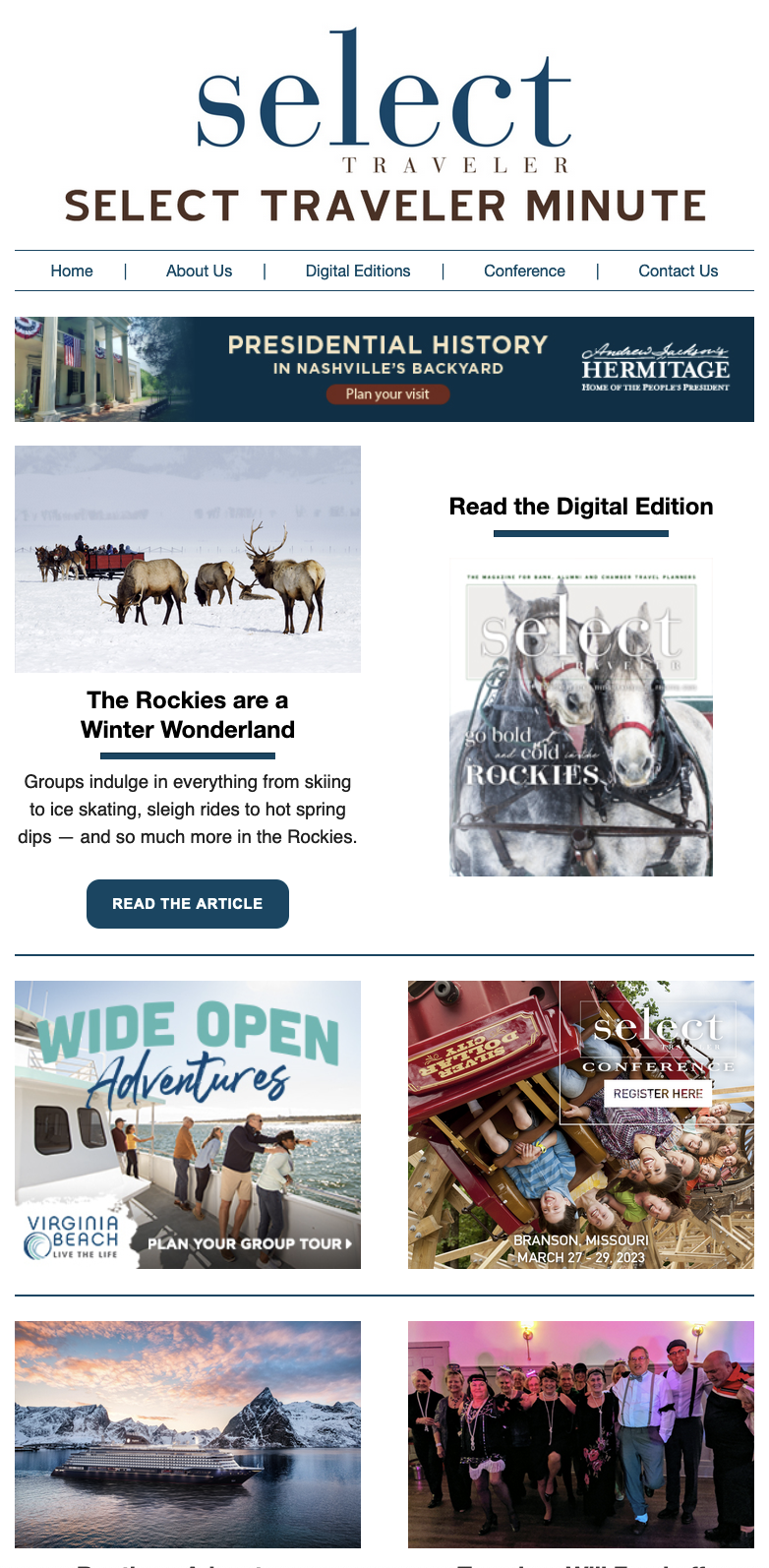You’ve heard all the buzzwords: meaningful travel, responsible travel, mindful travel, sustainable travel and more. But what do they all mean, exactly? And how do you integrate the ideas they represent into a group travel program?
Like many of the cultural concepts popular among millennials and Generation Z, ideas about a better way of traveling can seem a little hazy — especially if you’re not from those generations or fluent in their language of social responsibility. And while it would be easy to dismiss these travel trends as a bunch of empty talk, there’s a lot of research showing more travelers are actually seeking experiences that align with their social and cultural values.
Fortunately, you can make these ideas a concrete part of your group travel program. Here are five practical ways to do that.
Be intentional about economic impact.
Every time your group travels, you spend money in the places you visit. But have you ever stopped to think about where that money goes? Many hotels, for instance, are owned by holding companies or multinational corporations headquartered far away from where their guests are actually sleeping. But people interested in responsible travel want to ensure that as many of their dollars stay in the local economy as possible. That means digging a little deeper than normal to find hotels, restaurants and retail outlets that are owned by members of the communities you visit.
Ask questions about sustainability.
Sustainability — what we used to call environmental friendliness — is a complex topic in tourism. On one hand, travel is fundamentally resource intensive, producing a fair amount of carbon emissions and waste. On the other hand, many travelers express a desire to minimize their environmental footprint. While you can’t erase the emissions of an airplane or a motorcoach, you can ask your hotels and travel partners questions about sustainability. Do they recycle and minimize the use of plastics? Have they invested in energy-efficient systems? Do they participate in regular sustainability audits? Your environmentally conscious travelers will appreciate knowing you have checked.
Get off the beaten path.
In many destinations, travel groups often follow well-worn paths from one attraction to the next. And while there’s nothing wrong with hitting the highlights, itineraries that only focus on the most popular places and businesses often leave a lot of other interesting things unexplored and fascinating people unmet. In any destination, there are likely dozens of small businesses, from restaurants to performance groups, that have trouble competing with the major players in town. Travel planners who make a point to take their groups into overlooked neighborhoods and work with local entrepreneurs who can deliver memorable experiences and help uplift communities along the way.
Seek out local makers.
The T-shirts, keychains and shot glasses that travelers love to buy on vacation are usually made in China. And even some items advertised as locally made have been passed through so many middlemen that the artists and craftspeople who created them aren’t making very much from the purchases. For a better and more impactful shopping experience, work with your tour company or the tourism office in the place you’re visiting to arrange encounters with local makers. You’ll learn much more about their culture and take home a souvenir or artwork with a meaningful story attached. And the artist will benefit directly from your purchases.
Look for ways to make a difference.
It’s especially easy to see material needs when you travel to developing countries, but there are underprivileged neighborhoods and communities just about anywhere you go. Some travelers want to provide help when they visit those places. To facilitate that, work with your travel partners to identify opportunities to give back. That could mean making a cash donation to a local charity or taking on a service project with a community organization. Pay special attention to make sure this happens in a way that isn’t exploitive or degrading. When done right, these opportunities to make a difference often become highlights of a trip.









